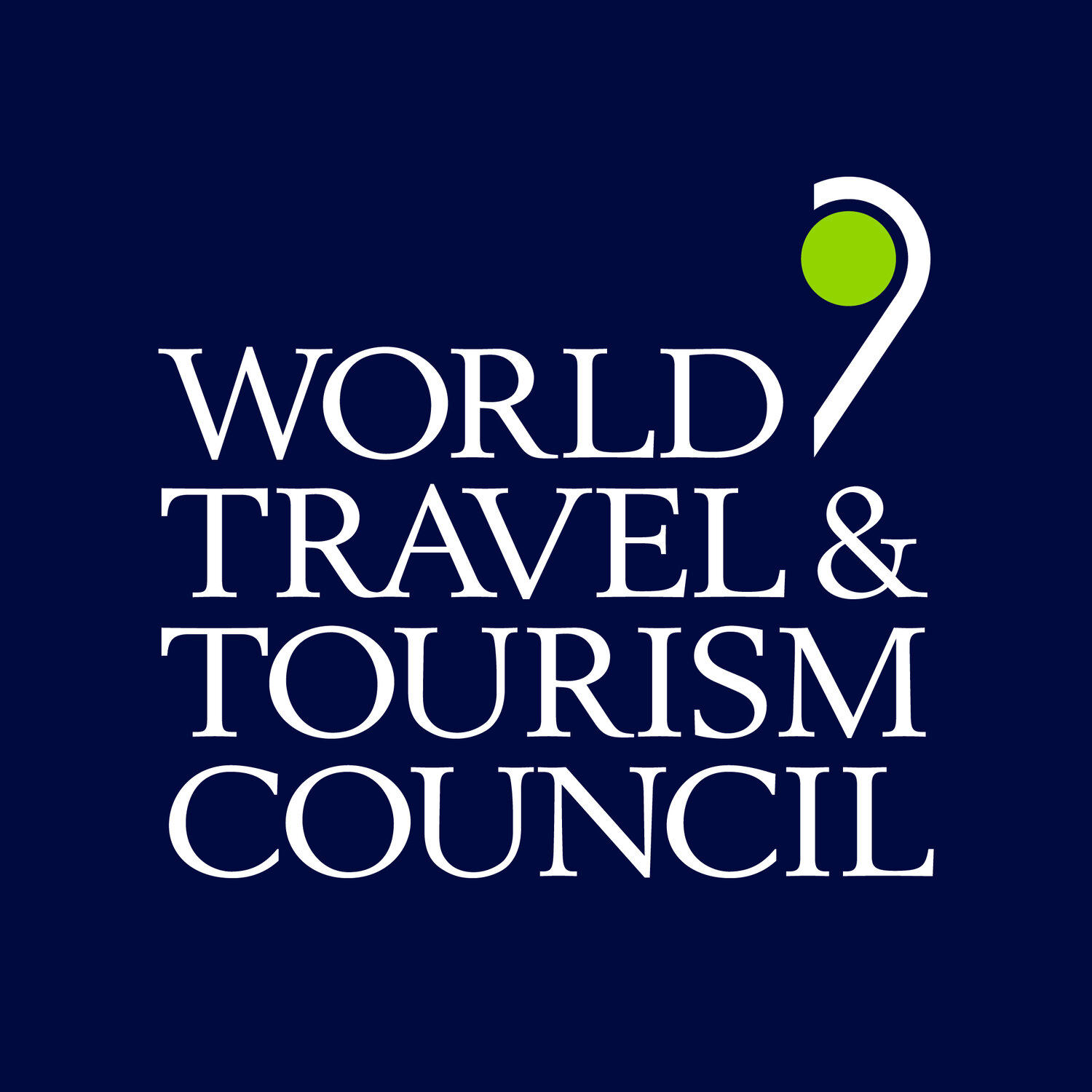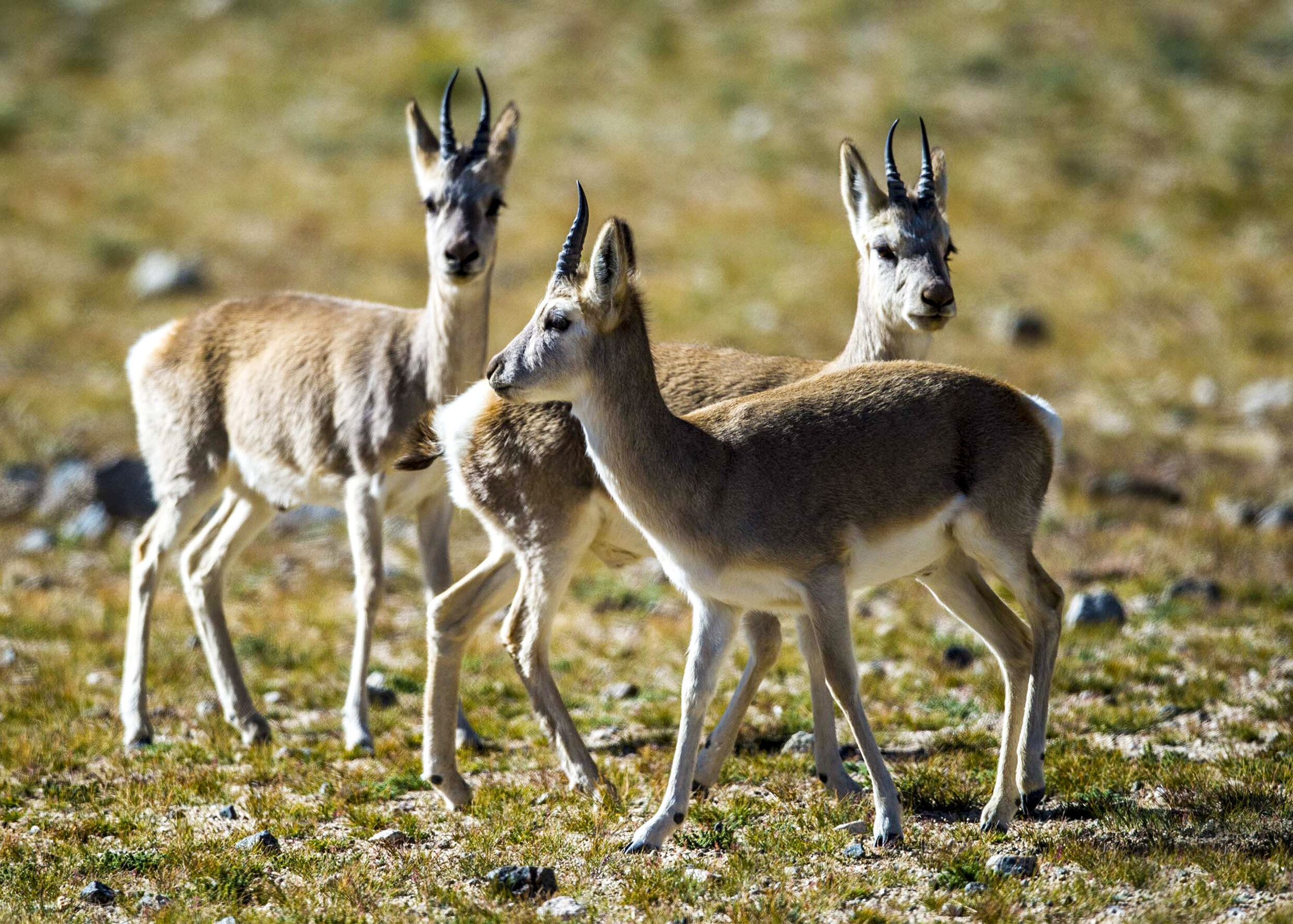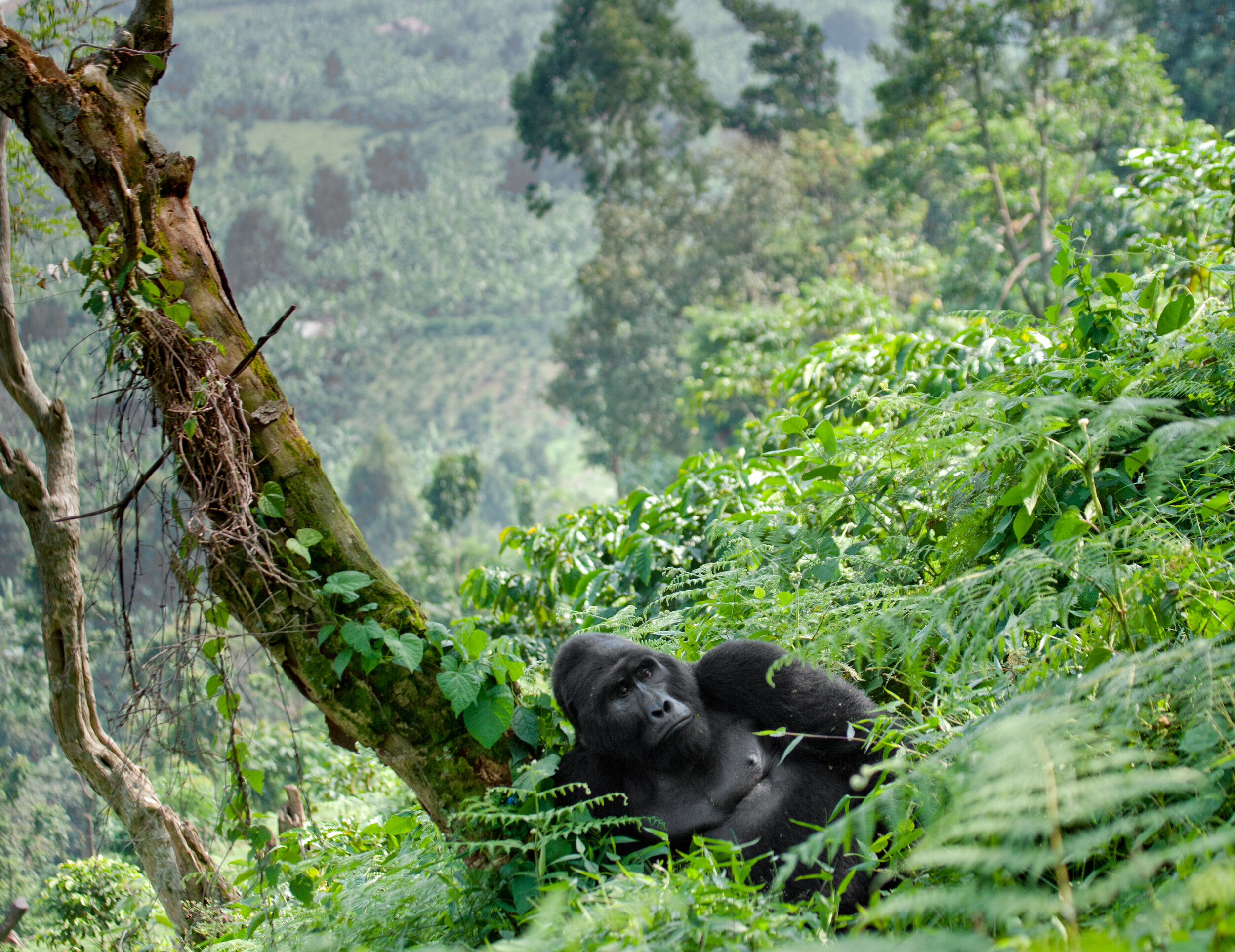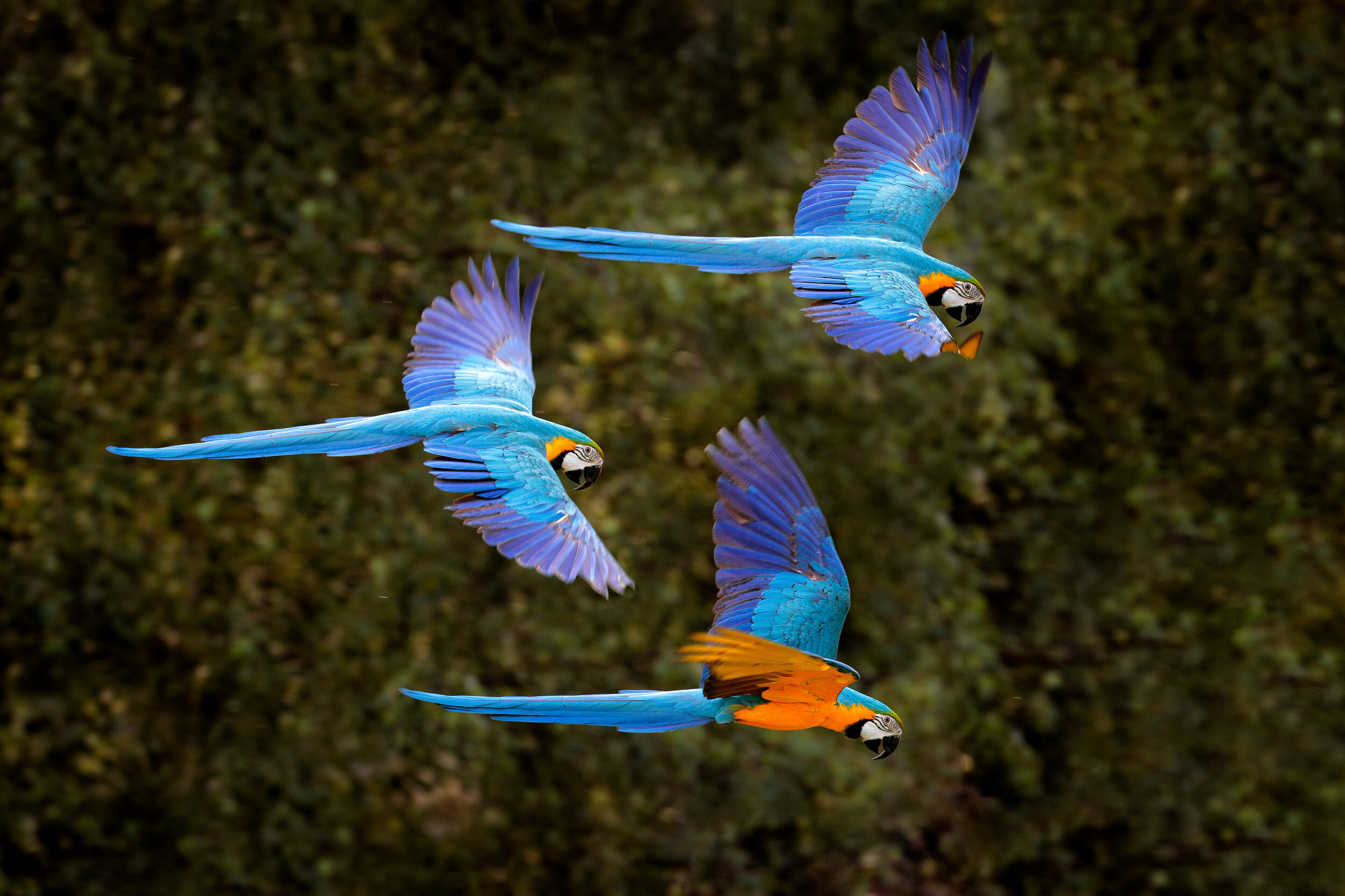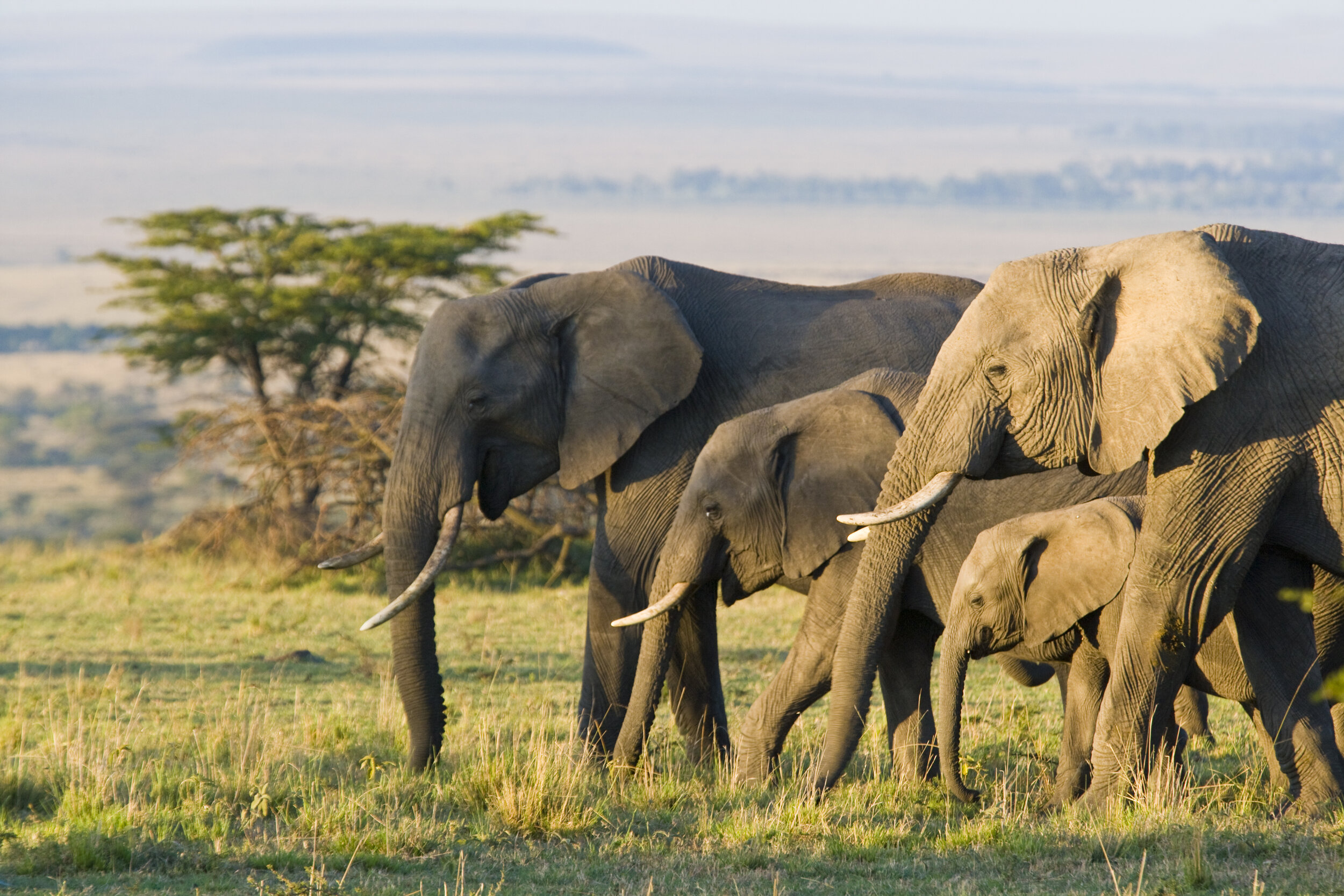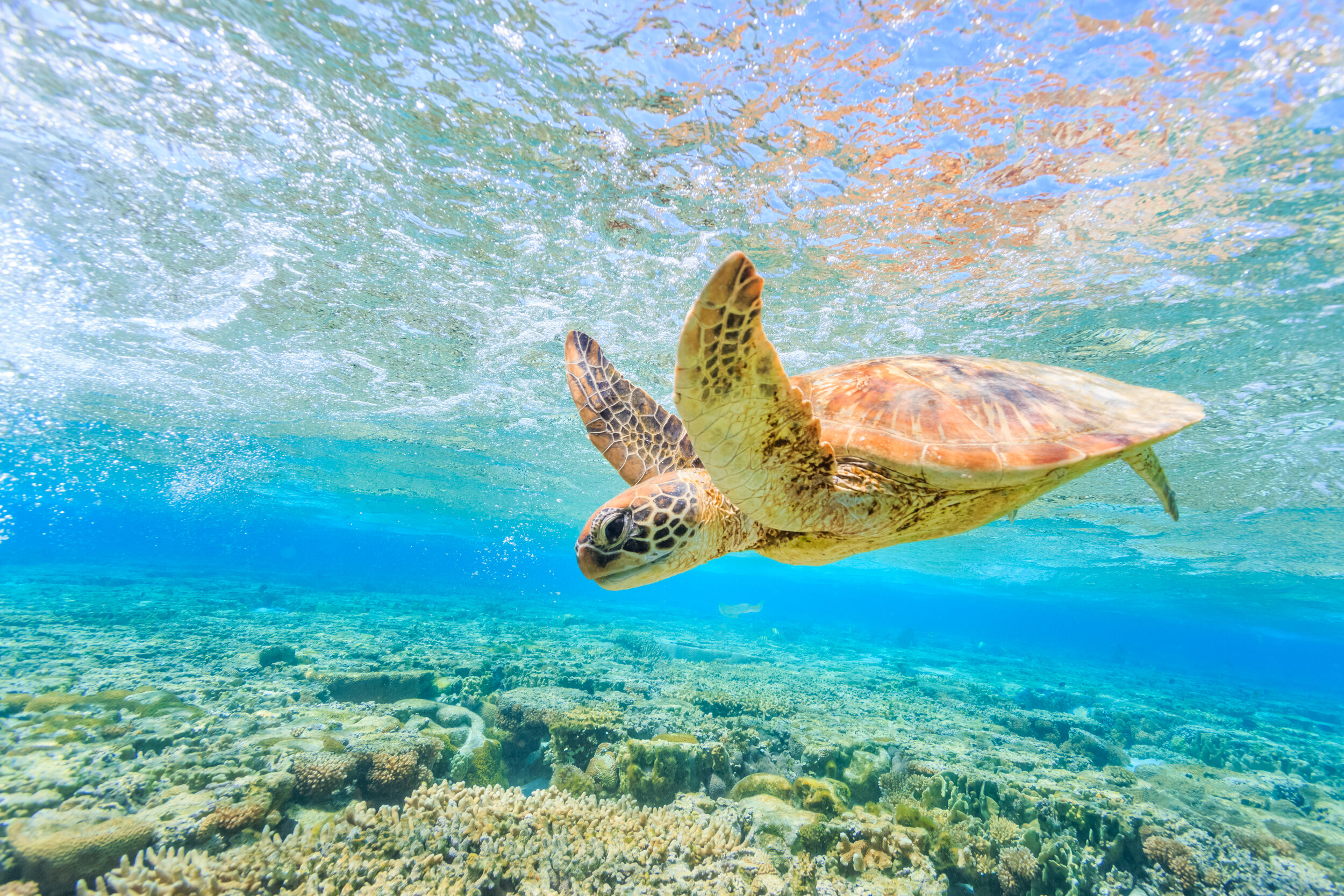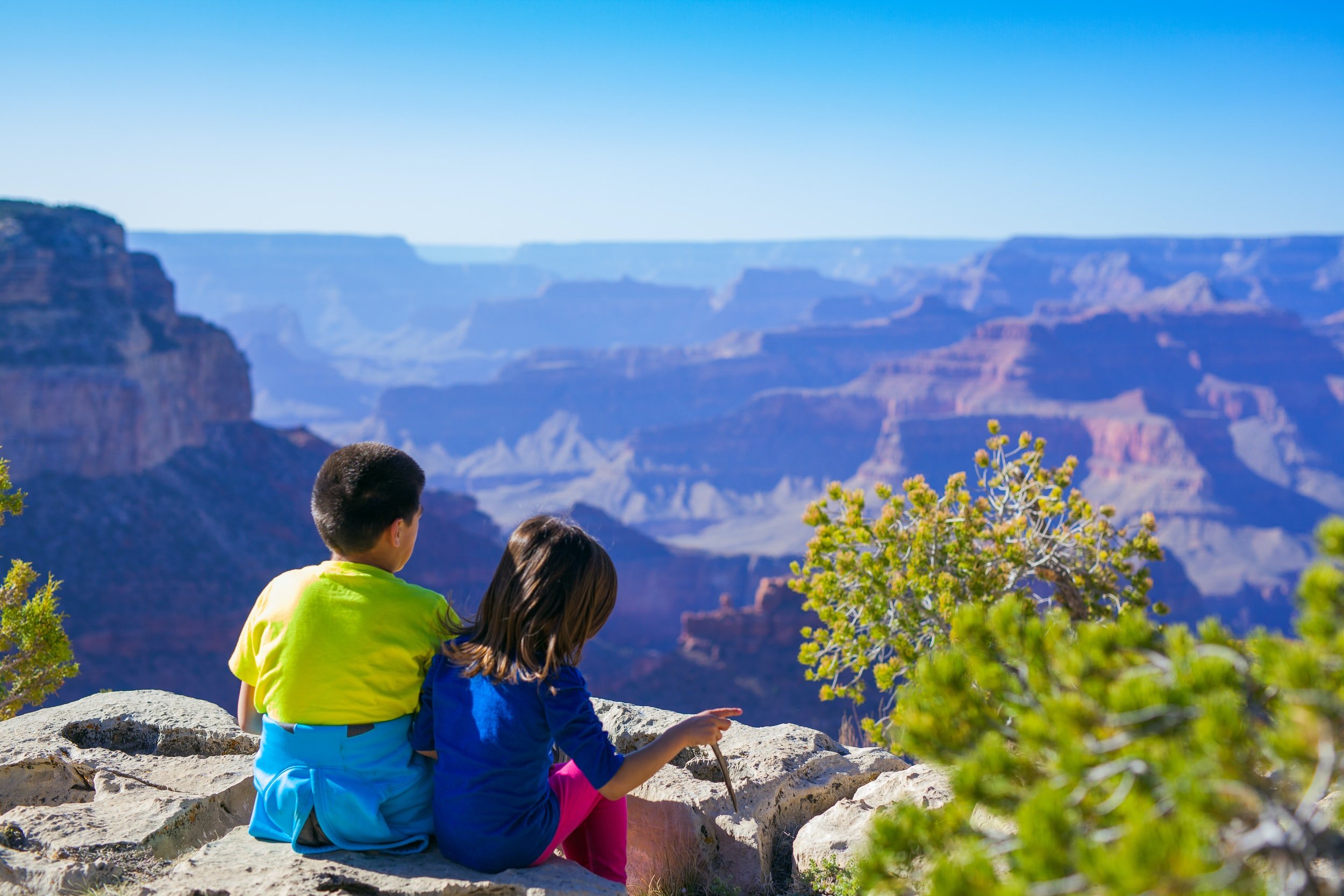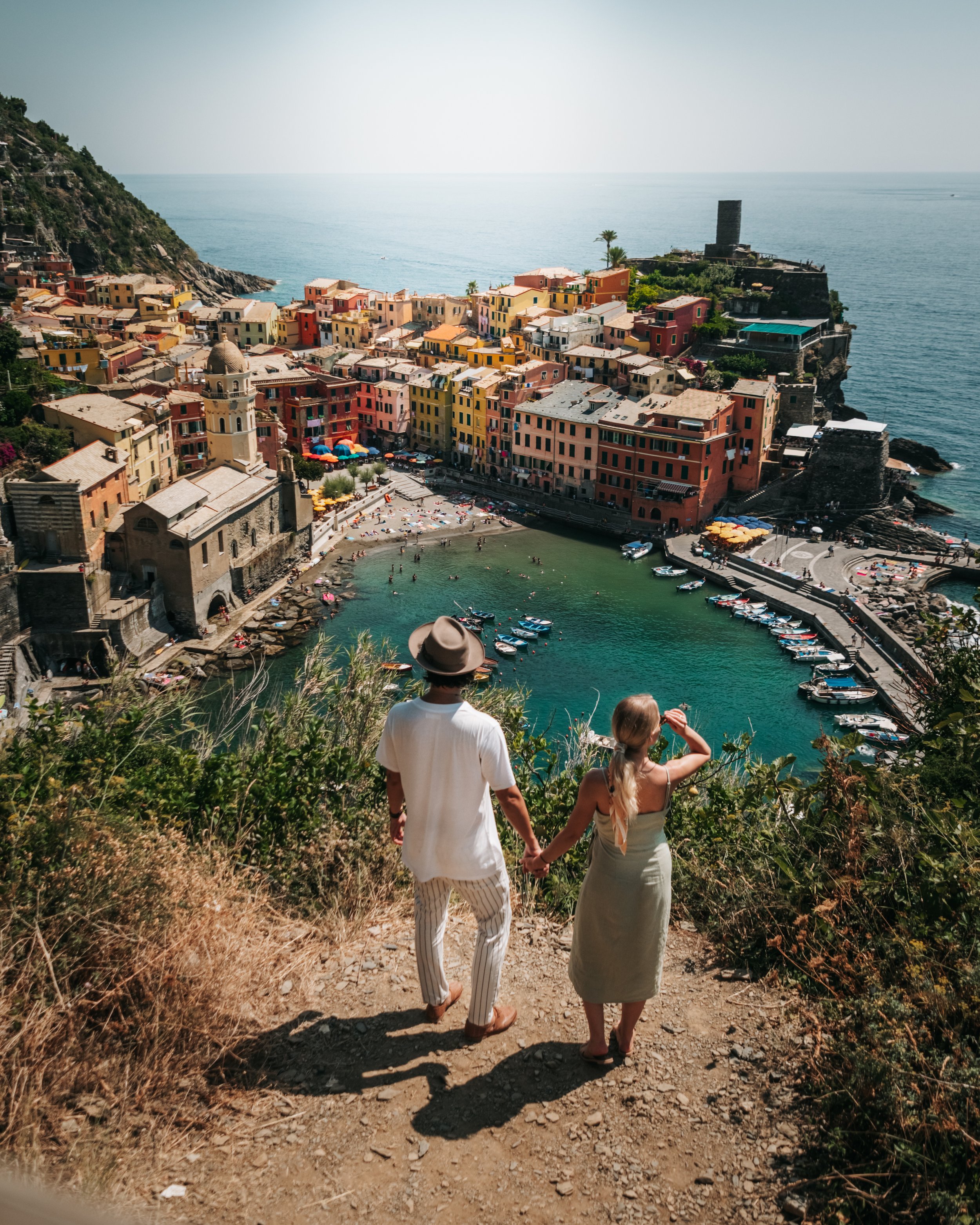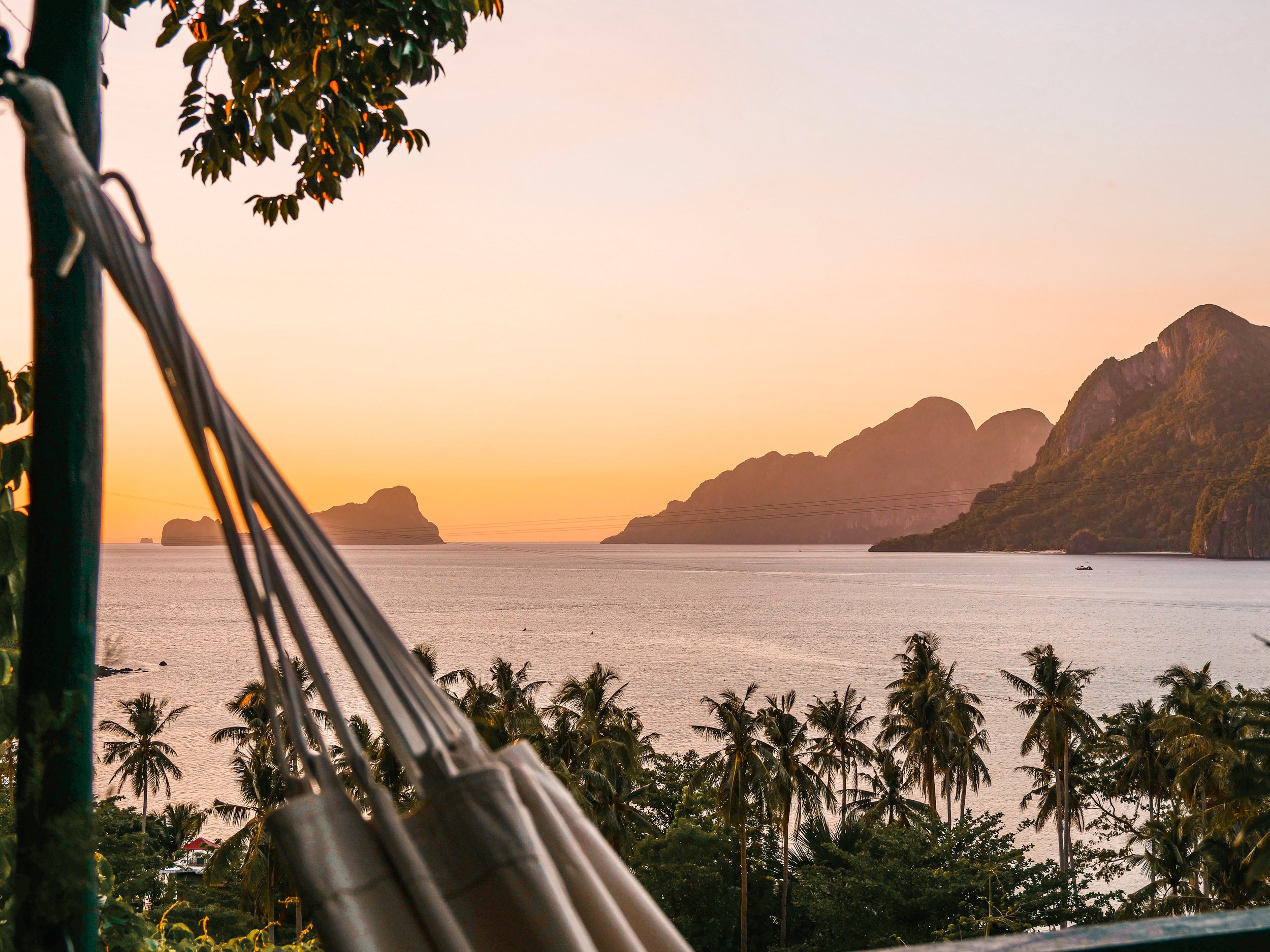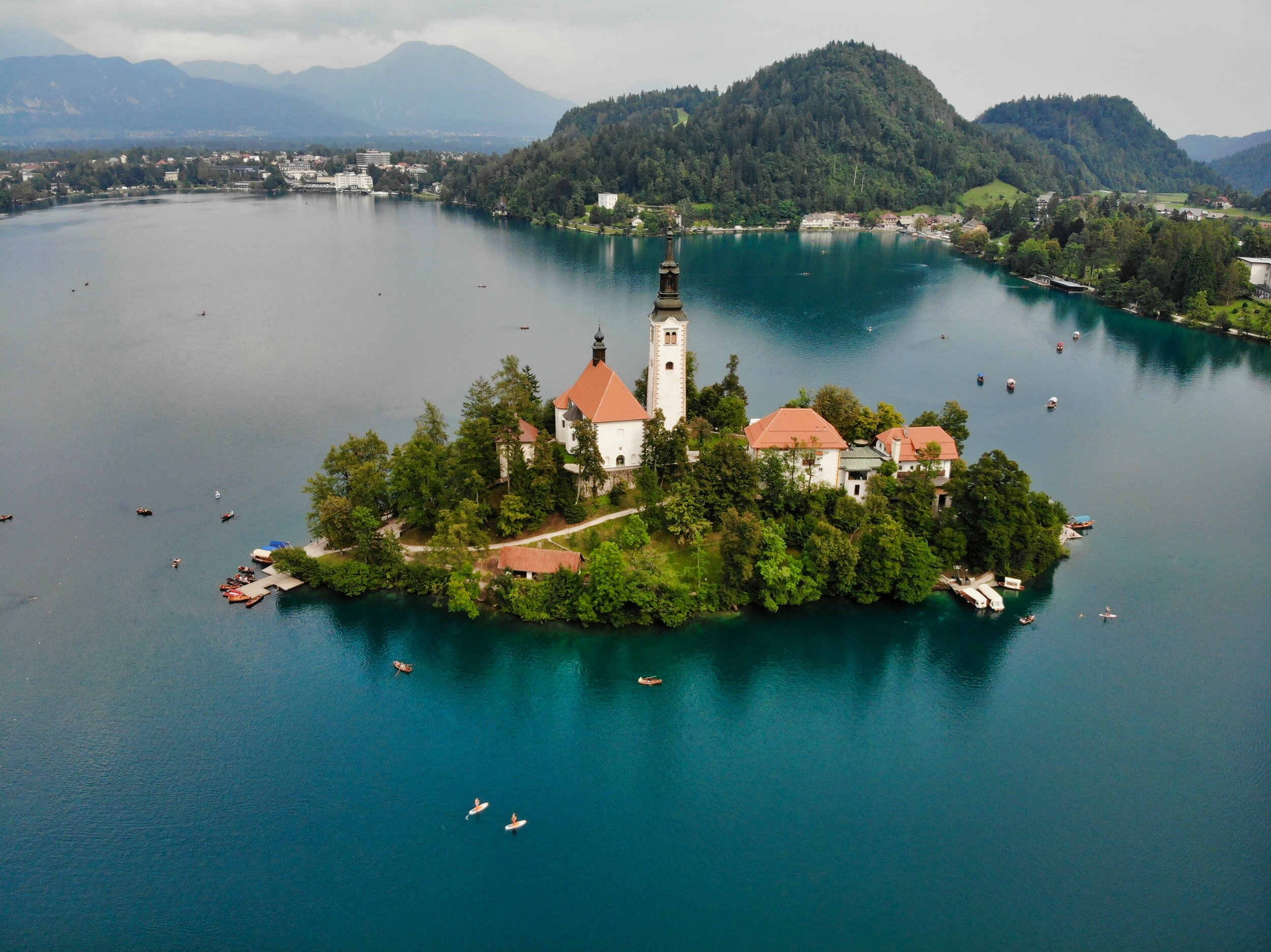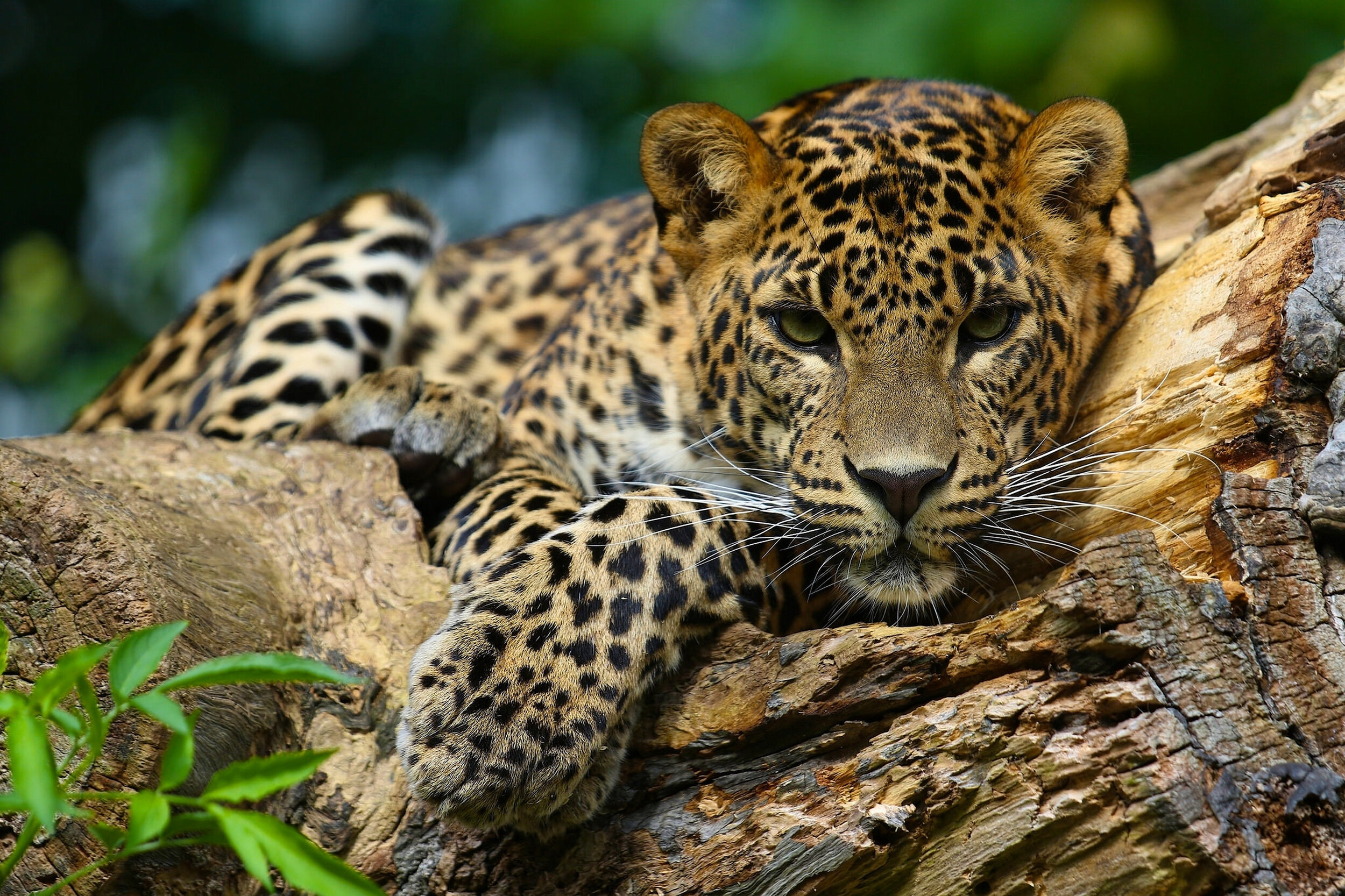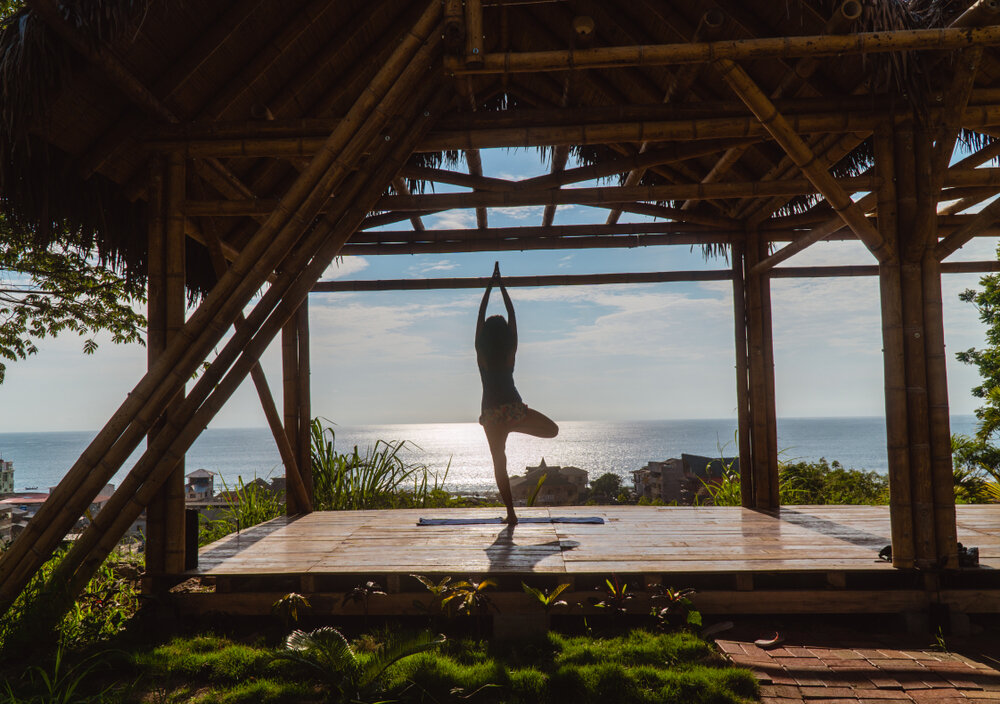Help us end Illegal Wildlife Trade
A jaguar in the wild
We live on this amazing planet with some incredible wildlife; we have the responsibility, and honour, to protect and support all the lives that call the Earth home. But, too many of our wildlife species are endangered, critically endangered, or extinct. Activities like Illegal Wildlife Trade (IWT) have been immense contributors to these declining numbers which is why we all need to do our part to end IWT.
IWT is the illegal exchange or sale of wild animal or plant resources including products made from these animals. According to WWF, IWT is the fourth biggest illegal trade in the world. Approximately 20,000 African elephants are killed by poachers each year and around 55 African elephants are killed for their tusks every day. This needs to stop.
Each traveller, no matter how many trips they take, has a role to play in protecting and preserving our wildlife, including being careful of what they buy. It’s not just that ivory ring you saw in the curio shop, it could be a turtle shell hair clip and even certain pharmaceuticals. As demand for these “exotic” items increases the animal populations exploited to make these products rapidly decrease.
So, how do you know which items are safe to purchase?
Read and learn
As responsible travellers, we should educate ourselves on endangered wildlife populations and illegal products. We can lean on resources like the IUCN red list of threatened species, which details the global extinction risk status of animals, plants, and fungi. Simply search a species name (like African elephant) to see its extinction status and learn more about it. There is also CITES (the Convention on International Trade in Endangered Species of Wild Fauna and Flora). It is an international agreement between governments “to ensure that international trade in specimens of wild animals and plants does not threaten the survival of the species.” While CITES is more at a governmental level, it is good to know such agreements exist and that suppliers may need a CITES permit to manufacture and sell certain items.
Think carefully about your purchase(s)
When purchasing products, remember that just because an item is for sale does not mean it is legal. Think back on your research on endangered and critically endangered species, remembering that anything made by or from these animals may be illegal. Consider what you are about to purchase and whether an animal was exploited to make that item.
The rare and endangered Tibetan antelope. Avoid shahtoosh, an illegal superfine fabric made from these animals
What to avoid
Here is short list of some of the items to avoid.
Raw or carved ivory from the teeth or tusks of elephants, hippos, whales, narwhals, and seals. Most countries prohibit ivory importation and trade, and all commercial international trade in elephant ivory is prohibited.
Rhino horn products and jewellery. All commercial international trade in rhino horn is prohibited.
Marine turtle / turtle shell. Six of the seven species of marine turtle are endangered or critically endangered. All international trade is therefore banned. Turtle shell is often used in hair clips, bracelets, sunglasses, and souvenirs. Avoid products made from “tortoiseshell”. Avoid leathers, boots, handbags, and other goods made from sea turtle skin, as well as sea turtle meat, soup, eggs, facial creams, and shells.
Coral, shells, and dried marine animals (seahorse and starfish). Many nations limit the collection, sale, and export of live coral and coral products which are often sold as jewellery or aquarium decorations. Take similar precautions with shells and dried marine animals. Consult local authorities.
Live reptiles (tortoises, turtles, snakes). Most species are protected and require specialist knowledge and care.
Reptile skin (crocodile and snake). Certain leather products, including those made from caiman, crocodiles, lizards, and snakes require a CITES permit.
Furs from protected species, including tiger, jaguar, leopard, ocelots, polar bears, and sea otters, are prohibited.
Wildlife wools. Avoid shahtoosh, an illegal superfine fabric made from the protected and rare Tibetan antelope. Wool from the vicuña, a relative of the llama, requires a CITES permit.
Pharmaceuticals may contain products from endangered species such as rhino, tiger, leopard, Asiatic bear, pangolin, or musk deer. Check the labels carefully.
Caviar (sturgeon). It is possible to buy up to 125 grams without a permit. Over that amount, a CITES permit is needed.
Live primates (apes and monkey species). Most species are protected and require specialist knowledge and care.
Live birds, including parrots, macaws, cockatoos, and finches, as well as bird feathers and mounted birds. Some are prohibited from trade or require a CITES permit.
Orchids, cacti, and cycads. Some are prohibited from trade or require a CITES permit.
Tropical hard wood, including carvings, furniture and souvenirs may be made from threatened species like ebony or rosewood.
Contribute
As you educate yourself and travel responsibly, help and encourage others to do the same. Share knowledge of endangered species and conservation efforts. If you can, why not donate your time and/or money to reputable initiatives that are helping wildlife populations increase and thrive?
What businesses are doing
Many Travel & Tourism businesses are also doing their best to end IWT including, signing the WTTC Buenos Aires declaration – a public statement that they will not intentionally facilitate or engage in IWT. Follow this link to see which of your favourite travel companies have signed up.
WTTC has also released guidelines to help Travel & Tourism businesses integrate the declaration and prevent IWT. It has useful tips for businesses and helpful links for travellers on international bodies combating IWT.
We don’t need to own, use, or consume animal products more than the animal needs its body parts to survive. It is much better to plan trips with responsible providers to see those animals thriving in their natural habitats. This helps wildlife populations in the wild, it benefits local communities, and we get some wonderful experiences and memories we will cherish for a lifetime.
